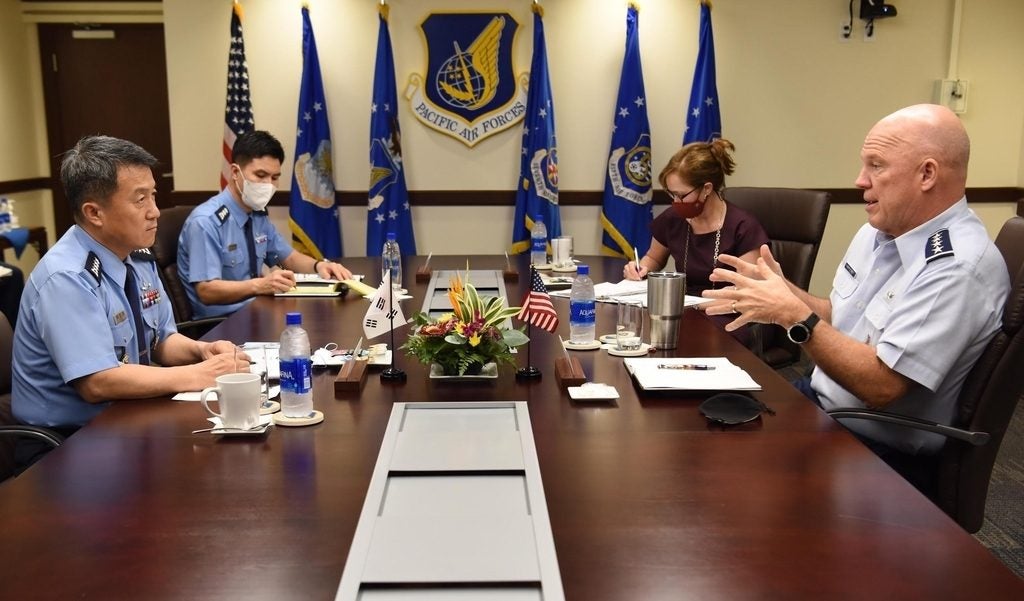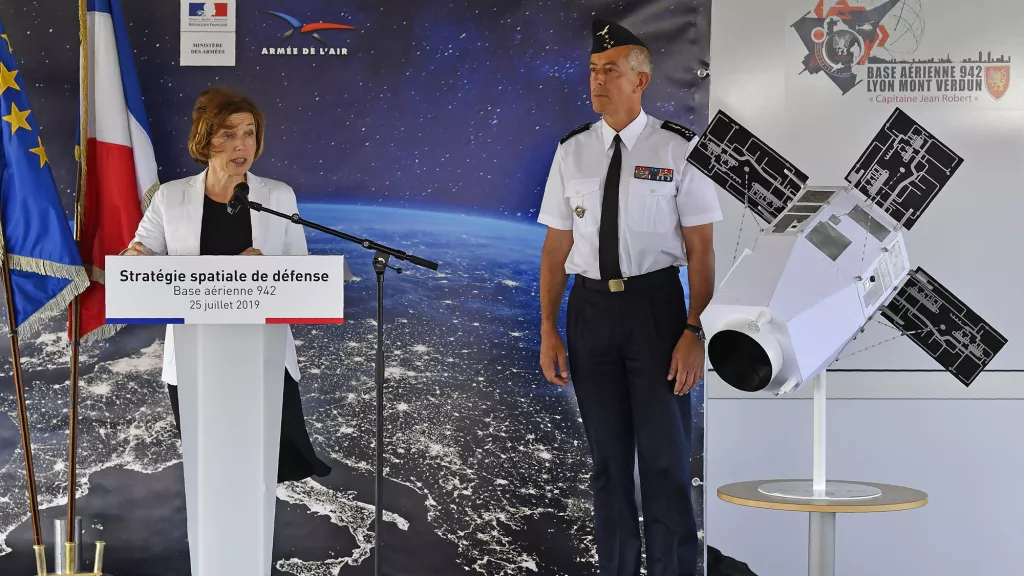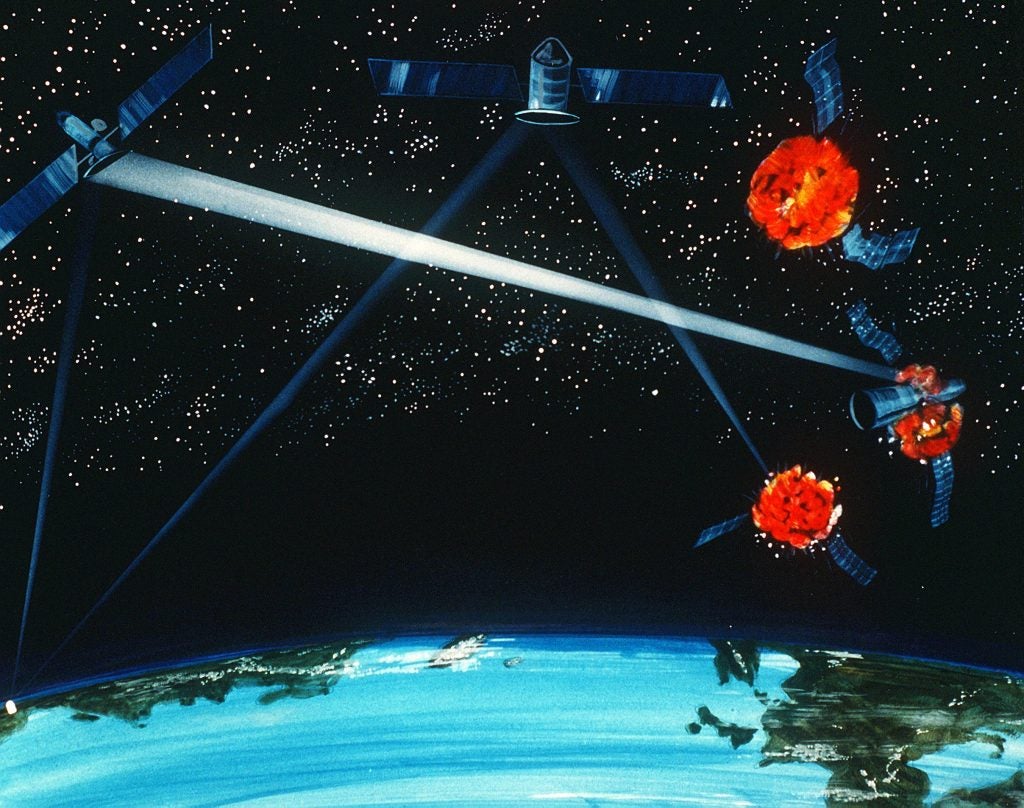American Allies Increase Focus on Space Warfare
When the Space Force was unveiled last year, it was met with a barrage of ridicule. Everything from its camouflage uniforms to its Star-Trek-like seal served as fuel for memes and the media with only a few public voices like Neil deGrasse Tyson arguing in favor of its establishment. Perhaps tellingly, typing in “Space Force” in Google will bring up the Wikipedia page for the satirical TV show higher on the search results than that for the actual military branch.

Fast forward to 2020 and the situation has changed somewhat. The Space Force is well on its way to become a fully operational branch by next year and there is no reason to expect the Biden administration to try to fold the youngest service back into the air force. More and more, the sentiment is that the Space Force is here to stay. Its establishment followed an increasing focus on space by the US defense establishment which came as a result of a similar increase in focus by key adversaries such as Russia and China. Now, many of America’s key allies are following in tandem.
On 22nd November, South Korea agreed to increase cooperation with the US over space defense issues. After a meeting of the ROK Air Force Chief of Staff General Lee Seong-yong and U.S. Chief of Space Operations General John Raymond, the South Korean Air Force released a statement assertingthat:
“Lee asked the U.S. to expand the number of South Korean airmen taking part in the U.S. space operations education and training to improve their combined space operational capabilities and to better jointly respond to space threats.”

Meanwhile, six day later across the Tsushima Strait, Japan’s prime minister Yoshihide Suga called for the JSDF to extend its focus beyond conventional warfare and increase its focus on new domains such as space and cyberspace. During the recent Keen Sword 21 exercise with the US, such Japanese capabilities were integrated into a larger international exercise for the first time.
Back in Europe, space defense has not fallen behind either. Soon after announcing a massive military spending boost on 18th November, the UK’s Boris Johnson announced the formation of a new UK Space Command which will initially focus on developing the capability to launch satellite-carrying rockets into space. A week later, France outlined a new plan for detecting and repelling satellites that come too close to French military assets in orbit. This comes just one year after the country announced the formation of its own space command.

These international developments are but a fragment of recent space-defense-related developments around the globe. Nevertheless, they send a clear message: space has become an avenue for military competition in the eyes of international defense establishments and the US Space Force is just one part of an ever-widening network of space defense programs and organizations around the world.

